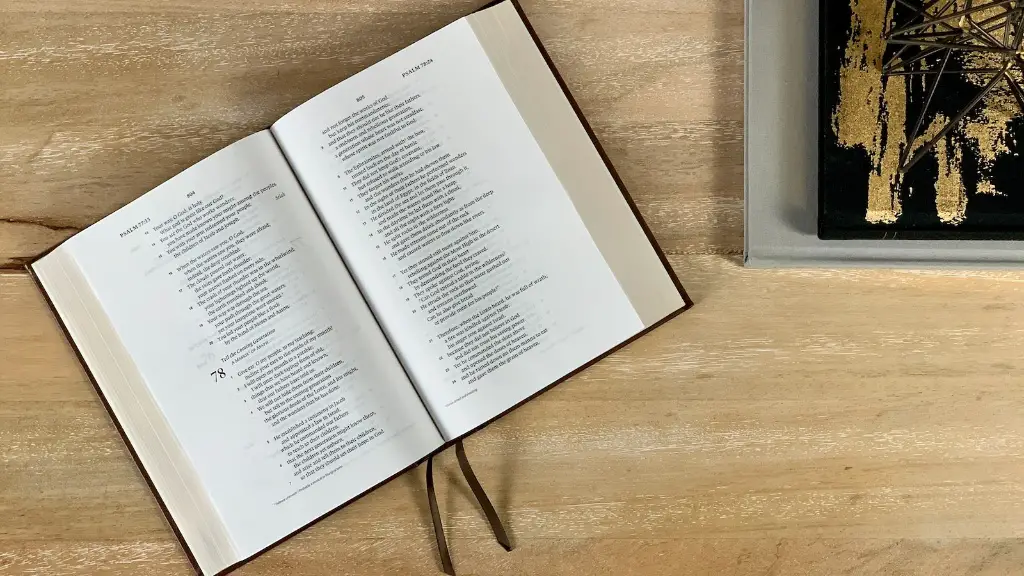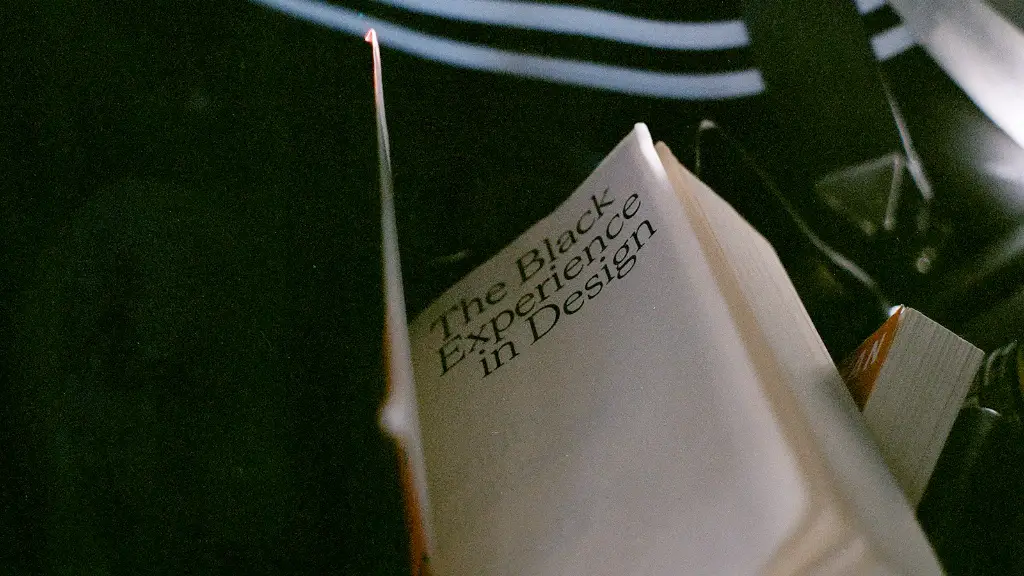Metaphysical poetry is a type of poetry that originated in England in the early 17th century. It was used to explore the connection between the physical and spiritual worlds. Metaphysical poetry was heavily influenced by the ideas of Renaissance humanism, which emphasized the relationship between science and religion. Metaphysical poetry was the product of writers who sought to fuse the physical and spiritual realms, and to bring the two together in new and unexpected ways. Metaphysical poets did this through intricate wordplay and imagery, often using metaphors, puns, and other figurative language to illustrate abstract ideas.
Metaphysical poetry was characterized by a deep engagement with philosophical and religious questions, often with a focus on the individual’s relationship to the divine. Metaphysical poets frequently explored themes of love, death, and the nature of existence in their writing. Their language was highly self-conscious and filled with intellectual complexity. Metaphysical poetry was known for its wit and its attempt to bring together opposite ideas into one cohesive, philosophical notion.
Metaphysical poets often employed paradoxes to illustrate the complexity of human experience. This type of poetry is often thought of as philosophical and metaphysical in nature. The idea of paradoxes being used as devices in Metaphysical poetry was first developed by the English poet John Donne in the late 16th century and was later adopted by other Metaphysical poets such as George Herbert and Andrew Marvell. Metaphysical poets sought to challenge the traditional conventions of the imagery and poetic form in order to explore the depths of human experience in new and often unconventional ways.
Metaphysical poets were often preoccupied with the idea of mortality and the mortality of the human spirit. This intense contemplation of death was often expressed through the use of classical references, puns, and extended metaphors. Metaphysical poets often wrote about what they called a “life of death,” as they sought to answer questions about the afterlife and the universe at large. This metaphysical exploration was often rooted in personal experience and in the poet’s commitment to self-exploration and revelation.
The exploration of mortality was often expressed through the use of metaphors and the use of metaphysical language. While it was not uncommon for Metaphysical poets to make use of traditional religious language, they did not rely upon such language for their explorations. Metaphysical poets instead sought to explore the depths of the human experience in an individualized way, often using their own personal experiences as a starting point for their investigations.
Metaphysical poetry has had a lasting impact on the course of English literature and has been the source of inspiration for many poets throughout the centuries. Metaphysical poetry is a thrilling and inventive type of poetry that can open up new ways of looking at familiar ideas. It is the product of poets who sought to explore the spiritual and the physical realms, often by blurring the boundaries between them.
Historical Context of Metaphysical Poetry
The Metaphysical Poets of the 17th century were primarily concerned with the exploration of human experience, often through the use of paradox and extended metaphor. This period saw the flowering of the English poetry, and some of the best-known poets and their works are included in this period, including John Donne, George Herbert, Andrew Marvell and others. This period was a time of religious conflict, as the traditional Christian faith was challenged by new ideas from the Enlightenment. Metaphysical poetry was strongly influenced by these intellectual developments, and the metaphysical poets often sought to explore the interface between the physical and spiritual realms.
Metaphysical poets were also greatly influenced by the literature and art of ancient Greece and Rome. The Metaphysical Poets often made use of classical allusions, incorporating characters, stories and symbols from Greek and Roman mythology into their works. This allowed them to explore the reality of human experience in a new and inventive way, often using classical motifs to express metaphysical ideas. Metaphysical poets were also heavily influenced by Renaissance humanism, which emphasized the intellectual, aesthetic, and moral aspects of life.
Metaphysical poets sought to explore the depths of human experience and to understand the mysteries of existence. They were disinterested in Christianity’s traditional explanations of the afterlife and their works often explore the boundaries between the physical and spiritual worlds. This new style of poetry allowed them to push the limits of language and to create innovative and thought-provoking works of art.
Themes and Devices in Metaphysical Poetry
Metaphysical poetry is characterized by intricate wordplay, extended metaphors, and other figurative language to explore the complexity of human experience. Metaphysical poets often wrote about themes of love, death, and the nature of existence. This type of poetry often employed paradoxes, puns, and elaborate wordplay to illustrate abstract ideas and metaphysical concepts. Metaphysical poets sought to challenge traditional conventions of imagery and poetic form in order to explore the depths of human experience.
Metaphysical poets were often preoccupied with the idea of mortality, and many of their works explore the contrast between the physical and spiritual realms. Metaphysical poets often made use of classical references, metaphors, and extended metaphors to illustrate their exploration of mortality. This discussion of mortality was often done in terms of the individual’s connection to the divine, as the metaphysical poets sought to broaden the boundaries of conventional religious language.
Metaphysical poets often sought to express metaphysical ideas through the use of analogies and allegory. They often used symbols and metaphors from literature, science, and mythology to explore philosophical and religious questions. Metaphysical poets often used personification, or giving understandable qualities to abstract entities, to explore metaphysical questions in a more concrete way. This type of poetry often pushed the boundaries of traditional form and was characterized by a deep engagement with philosophical and religious questions.
Contemporary Metaphysical Poetry
Metaphysical poetry continues to be a vibrant part of contemporary English literature. Many contemporary poets draw on the techniques pioneered by Metaphysical poets to explore metaphysical issues and ideas. Contemporary poets often use puns and paradoxes to illustrate metaphysical concepts, often in a more accessible way than the Metaphysical poets did. Contemporary Metaphysical poetry is often characterized by a combination of intellectual depth and accessibility, and many contemporary poets have found success with incorporating Metaphysical themes into their work.
Poets such as T.S. Eliot and Robert Frost have explored metaphysical themes in their works, though often in a more subtle and nuanced way than the Metaphysical poets. Contemporary poets often explore the themes of mortality, isolation and the individual’s place in the universe, often using extended metaphors to explore these questions in new and inventive ways. These extended metaphors allow the poet to convey a sense of the individual’s relationship to the divine, as well as exploring philosophical and religious questions.
Metaphysical poetry continues to be an important and vibrant part of English literature, and contemporary poets are still exploring the themes and techniques pioneered by the Metaphysical poets. Themes of mortality, love and the individual’s relationship to the divine are explored in new and inventive ways, and the exploration of metaphysical issues continues to be a source of inspiration for many poets. Through their use of extended metaphors, puns and paradoxes, Metaphysical poets have left a lasting legacy in English literature.
Impact of Metaphysical Poetry
The impact of Metaphysical poetry on English literature is significant and lasting. Metaphysical poetry has had a major influence on contemporary poets and writers, and it has played an important role in the development of English poetry over the centuries. Metaphysical poetry has had a transformative effect on the literary landscape of England, as its innovative style and use of extended metaphors has opened up new ways of exploring and expressing ideas.
Metaphysical poetry has been the source of much inspiration for many poets throughout the centuries, and its influence is still felt today. The techniques pioneered by the Metaphysical poets, such as the use of extended metaphors and puns, are still used in contemporary poetry, and their influence is still felt in the work of modern poets. Metaphysical poetry has also had a significant influence on popular culture, as many of the concepts and ideas explored by the Metaphysical poets have become part of the collective consciousness.
Metaphysical poetry has been a source of inspiration and innovation for many generations of English poets, and it continues to be an important part of the English literary landscape. Its influence has been felt in the works of many contemporary poets and writers, and its lasting impact is a testament to its power and importance in English literature.
Conclusion
Metaphysical poetry is an important genre of English literature, and its influence is still felt today. Metaphysical poets often sought to explore the depths of human experience, often through extended metaphor and figurative language. Metaphysical poets also sought to challenge the traditional conventions of imagery and poetic form in order to explore the boundaries between the physical and spiritual realms. Metaphysical poetry has had a major impact on contemporary English literature, and its influence is still felt in the work of modern poets.




